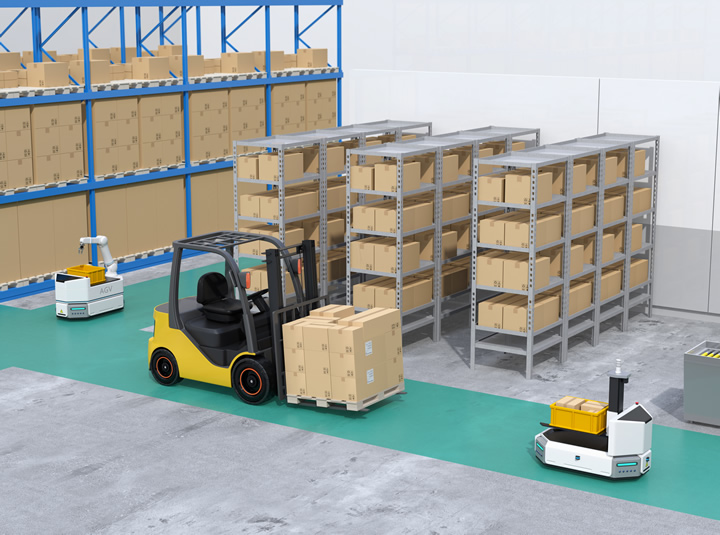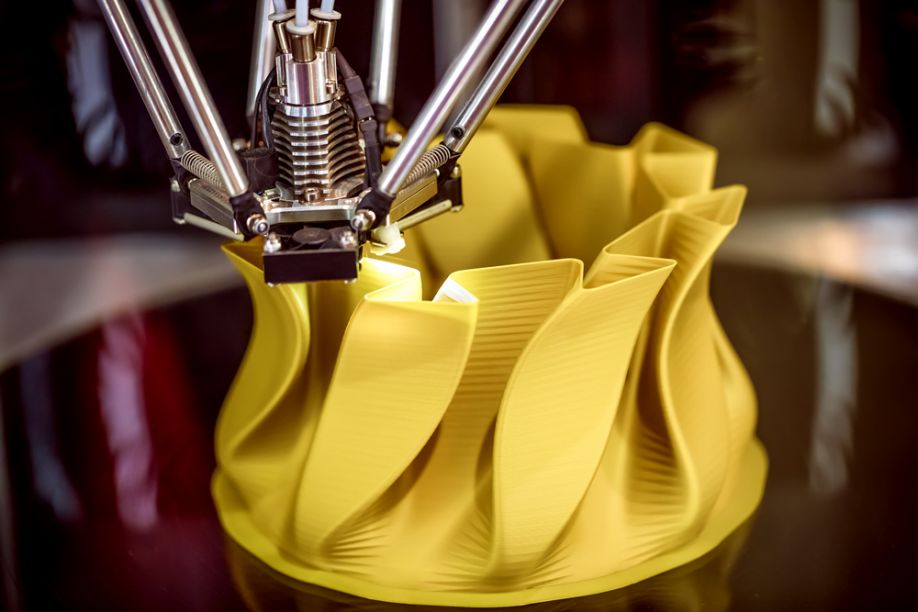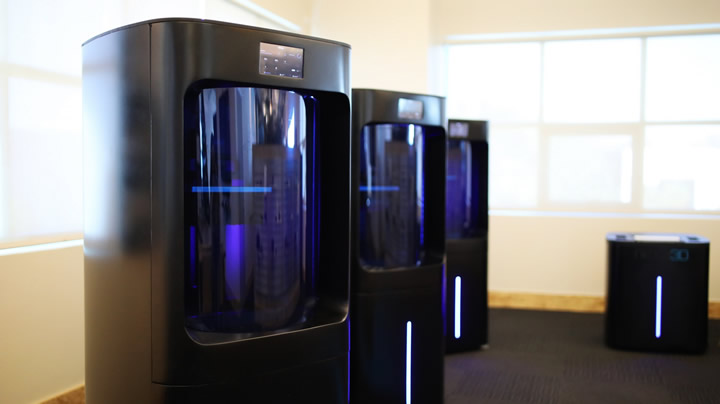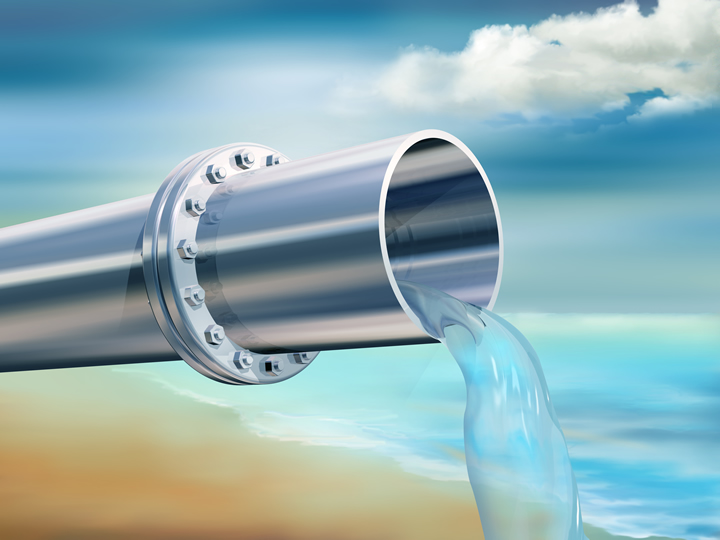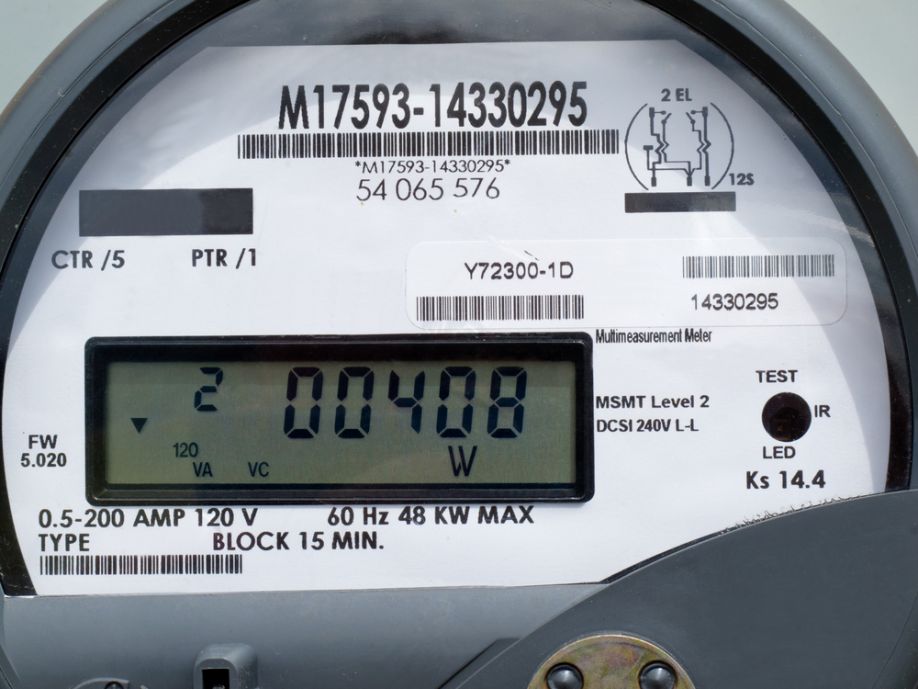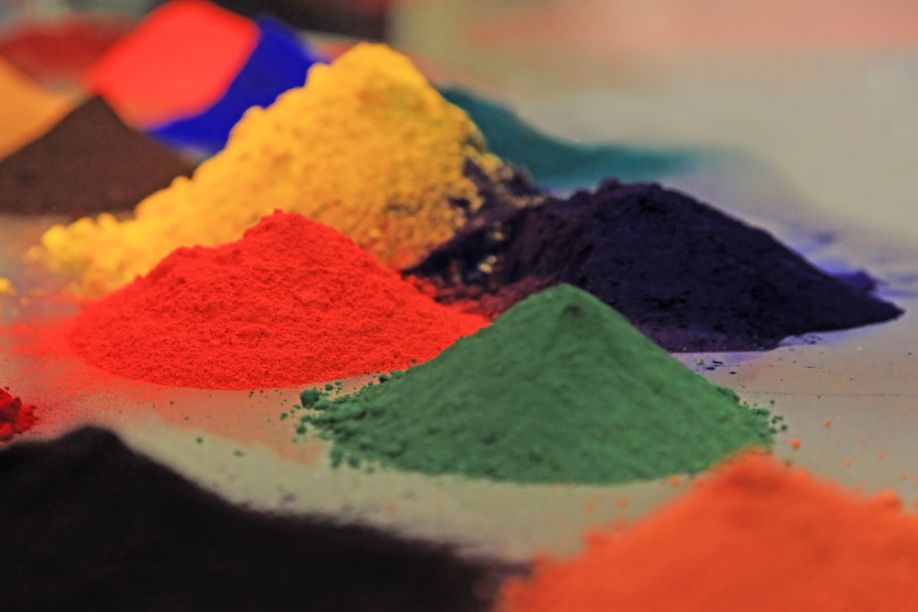Minimizing Supply Chain Losses From Climate Change
Supply chains and the climate are more intricately linked than many may realize. Just eight global supply chains are responsible for more than 50% of greenhouse gas emissions.
Powering Additive Manufacturing with an Environmental and Social Impact Commitment
Structured ESG and strategic, measurable sustainability programs are unlocking the deep value behind "doing well (profitability) by doing good (sustainability)."
Rethinking material usage - How 3D printing enables dematerialization
3D printing makes it possible to introduce different materials into production that offer a lower embodied energy. In many applications, polymer or composite materials can offer the same strength and durability as metals.
It's time for change - Technology essential to tackle climate change
To pursue a sustainable future, manufacturers need to find options to increase energy efficiency. Industrial robotics is an ideal way to help improve sustainability and minimize the environmental impact of manufacturing activities.
How to Conserve Water in Your Manufacturing Process
There are many specific actions you can take to conserve water during your manufacturing processes, and the first step is finding and fixing unwanted leaks in your equipment and machines.
Using Sustainable Product Configuration to Enable Customer Choice
Traditionally, when we think about the cost of a product, we're thinking mainly in financial terms. But this isn't the only form of cost. Increasingly, a new measure that's taking on more importance for buyers - and regulators - is the carbon footprint cost.
Keys to Biocompatible and Hypoallergenic Manufacturing
The materials approved for use in biomedical implants are limited, but as new alloys and polymers emerge, the chances are high that many of them will prove to be biocompatible as well. These will help to shape the future of biomedical manufacturing as a whole.
Creating Energy Resilience in Your Manufacturing Facility
Achieving energy resilience at a manufacturing facility or elsewhere is a two-part process. First, it requires ensuring you have a reliable power supply. Next, an energy-resilient company must have thorough plans for how to respond if a power failure occurs.
Promoting Sustainability in Plastic Manufacturing
In light of that negative reputation, the plastic manufacturing industry needs to initiate changes to make the entire sector - as well as the product itself - more sustainable. What can we do to promote sustainability in plastic manufacturing?
IDS focuses on sustainability in shipping
IDS is convinced that the changeover to sustainable action is the only right way forward and tries to develop resource-saving solutions together with business partners. After all, relatively "small" changes can make a big difference - for the environment and for the company.
A Sustainability Process That Drives Business Value
Iota has developed a framework called the Sustainability Process Blueprint that allows businesses to easily monitor, measure, and curate data pertaining to their sustainability performance.
Records 31 to 41 of 41
Featured Product

Elevate your manufacturing processes with data-driven insights
Join Emerson and discover how embracing a Floor to Cloud™ strategy can revolutionize your operations. This strategy integrates on-site devices and technologies with cloud analytics, providing the insights needed to enhance manufacturing efficiency, maximize workforce potential, and achieve sustainability targets. Our team of experts have a commitment to innovation and look forward to discussing your challenges to develop a customized solution.
Manufacturing and Automation - Featured Company

PNY
PNY Professional Solutions provides customers with powerful tools to manage heavy workloads. PNY offers NVIDIA Professional, Consumer GeForce RTX, and Data Center GPU Solutions, along with PNY Memory upgrades and Solid-State Drives. All PNY products are designed and built with system integrators in mind to provide advanced application performance, top productivity, and greater power efficiency.

